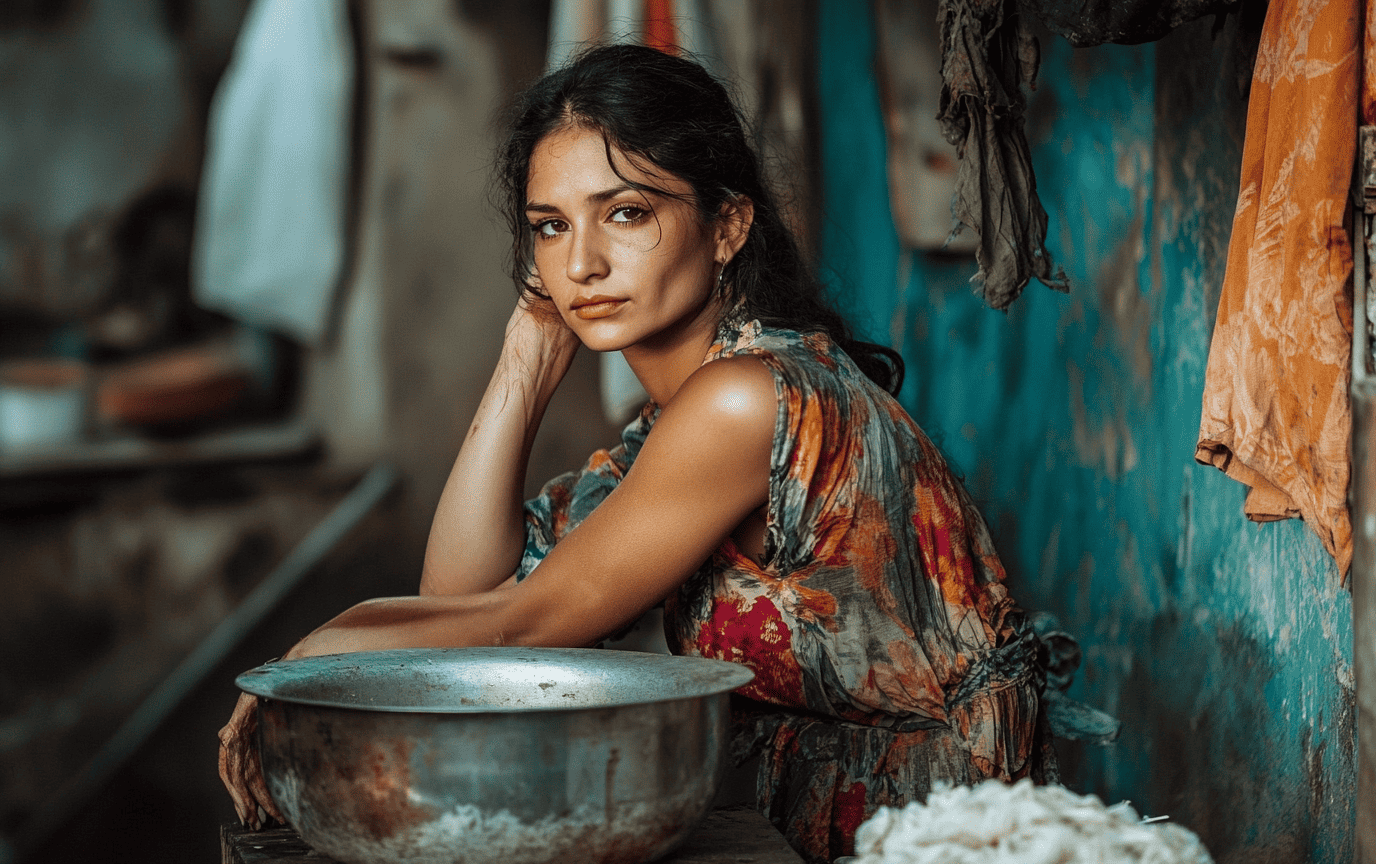Understanding Roma (Gypsy) Culture: A Comprehensive Guide
The Roma, often referred to as Gypsies, are more than just a people marked by a nomadic existence; they are a tapestry woven with the threads of diverse traditions, music, and a poignant social identity. As they roam through history from their roots in India to every corner of Europe, the journey of the Romani people is filled with resilience and vibrant culture. What emerges is not merely a story of survival but a celebration of identity that defies the odds.
Origins and Migration
Imagine a distant land under the glow of a Rajasthan sunset, where the first strands of this remarkable culture began to unfurl. The Roma's genesis can be traced back to northern India, where they embraced a lifestyle laden with rich traditions. Between the 5th and 11th centuries, these early travelers embarked on a journey that would see them traverse continents. By the time they arrived in Europe during the 9th to 14th centuries, they were already carrying the weight of centuries of experiences, languages, and customs.
Often mistaken for originating from Egypt, the term "Gypsy" has become an unwelcome badge overshadowed by misconceptions. The Roma people prefer to be recognized as they choose—Romani, a word that speaks of the pride woven into their identity. Each community across Europe contributes nuances to an overarching culture, epitomizing a blend of resilience and adaptability.
Social Structure and Family
At the heart of Romani culture lies the family unit. In the world of the Travellers, kinship defines one's very existence. Picture a caravan moving swiftly under the stars, where laughter dances through the air, and elders share stories passed down through generations. In traditional settings, families are not just a part of life; they are life. They share not only resources but also a profound sense of belonging.
Yet, within these close-knit communities, a hierarchy exists. The patriarch often holds sway, with the eldest man steering the family’s fortunes. Women, revered for their nurturing roles, gradually gain respect as they embrace motherhood. The interplay of authority between genders narrates tales of growth and change. In a world where virginity is an esteemed treasure, marriage is a celebration marked with rituals and customs, often leading to discussions that echo in the silence of the night.
Cultural Traditions and Practices
The cultural palette of the Roma is vibrant, painted with the brushstrokes of music, dance, and craftsmanship. Witness the flamenco, a fiery dance that bears the soul of Spain yet dances to the heartbeats of Romani melodies. The air thickens with passion as feet pound the floors, embodying centuries of stories, pain, and joy.
Yet, it doesn't end here. Django Reinhardt’s fingers, dancing over guitar strings, breathed life into Gypsy Jazz, a genre that resonates through the world like a lyrical whisper. It’s a sound that speaks volumes about the artistic depth of the Roma culture, while traditional Romani music, like a fragile thread, ties past to present.
But it’s not just music and dance; customs run deep. The concept of "marime" or "marhime" governs societal interactions, creating a complex web of defined purity and impurity. This belief shapes lives, guiding how the Romani navigate the world around them—from food preparation to sacred rituals that honor those who have passed.
Economic Life and Occupations
Once artisans known for their skilled metalwork and intricate crafts, the Romani have evolved; their economic lives are a blend of tradition and adaptability. Picture them gathered around a makeshift market, trading goods, or showcasing their talents—all while managing the challenges that accompany their nomadic existence.
With discrimination often pushing them to the fringes, many Roma turn to seasonal work or become entertainers. This resilience speaks to their ability to find innovation and opportunity despite societal obstacles. Their adaptability isn’t merely survival; it’s a testament to their enduring spirit, crafting a niche that honors both their heritage and the environment they navigate.
Legal Traditions and Community Justice
In the world where little is predictable, the Roma maintain their own legal system—a pocket of autonomy within the sprawling political landscape of Europe. Known as "Gypsy law," this system seeks balance and harmony. Here, disputes are settled by respected elders who act as mediators, drawing from a deep well of cultural wisdom.
The process of "kris" may sound unfamiliar to outsiders, yet it embodies the very essence of community justice. With each ruling, lessons are reinforced, and the heartbeat of cultural integrity continues, even if it requires temporary expulsions for the greater good.
This intricate legal structure illustrates more than just a means of governance; it reveals a deeply rooted desire to preserve their cultural identity amidst the whirlwind of external pressures.
Challenges and Persecution
However, the Roma saga is not without shadows. Throughout history, persecution stalked their every step—enslavement in Romania’s past and execution threats in England paint a dark backdrop to their existence. As modern challenges persist, the echoes of discrimination reverberate louder than ever, making assimilation into mainstream society a daunting task.
Consider a young Romani woman, faced with the choice of clinging to her ancestral roots or compromising her identity for acceptance. This tension manifests across generations, where the desire to preserve cultural heritage battles against the forces of integration.
Conclusion
Understanding Roma culture demands a willingness to engage with their story—an invitation to witness the beauty forged in adversity. It’s a narrative layered with complexities and traditions that mirror the human experience itself. By appreciating their efforts to thrive against societal odds, we pave the way for inclusive dialogue and respect for difference.
Through music that echoes across borders and craftsmanship embedded with stories, the Romani people enrich our world. Embrace their legacy and allow it to deepen your understanding of cultural resilience—it’s a lesson in humanity that we can all learn from.
Want to embark on further adventures of discovery? Interested in more insightful reads? Check out our Travel Tips section for the latest advice. For lifestyle inspiration, explore our Lifestyle category, and dive into amazing destinations at Destinations. Connect with us on YouTube, or follow our adventures on Instagram and Pinterest.

















